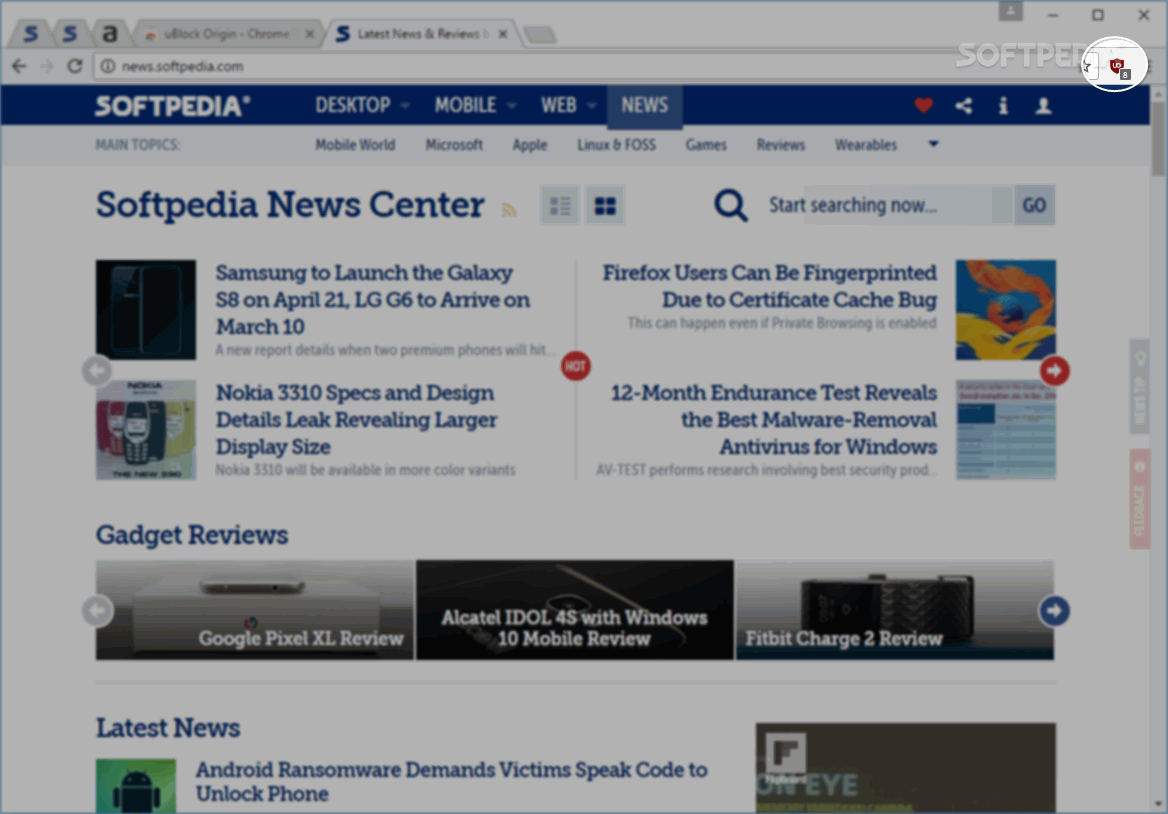

Not least Raymond Hill, creator of uBlock Origin, who addressed the news on GitHub. The announcement that only paying customers can access the API, which was arguably buried in the update, was a source of contention across forums. The webRequest API's ability to observe requests is foundational for extensions that modify their behavior based on the patterns they observe at runtime.” “Extensions with appropriate permissions can still observe network requests using the webRequest API. He wrote: “Chrome is deprecating the blocking capabilities of the webRequest API in Manifest V3, not the entire webRequest API (though blocking will still be available to enterprise deployments). Under new plans, enterprise members will still have access to the blocking capabilities of webRequest API.Ī post from Chromium’s Simeon Vincent regarding the Manifest v3 draft (the specification that Google requires developers to adhere to) sheds more light on the update.

The previous proposal saw the current webRequest API replaced with declarativeNetRequest as the primary content-blocking API – meaning that these popular extensions built on webRequest will no longer work for all users. The changes would result in ad blockers such as uMatrix and uBlock Origin no longer functioning.Īfter months of both users and developers voicing their concerns over the move, Google has backtracked slightly – allowing the blocking capabilities to continue working, but for paying clients only.

The tech giant announced proposals to tweak the Chromium Extensions Platform back in January. UPDATED Google is pushing ahead with controversial changes to Chrome that would see ad blocker extensions break – unless the user pays for its enterprise package. Plans to tweak webRequest API could see popular privacy extensions fail


 0 kommentar(er)
0 kommentar(er)
